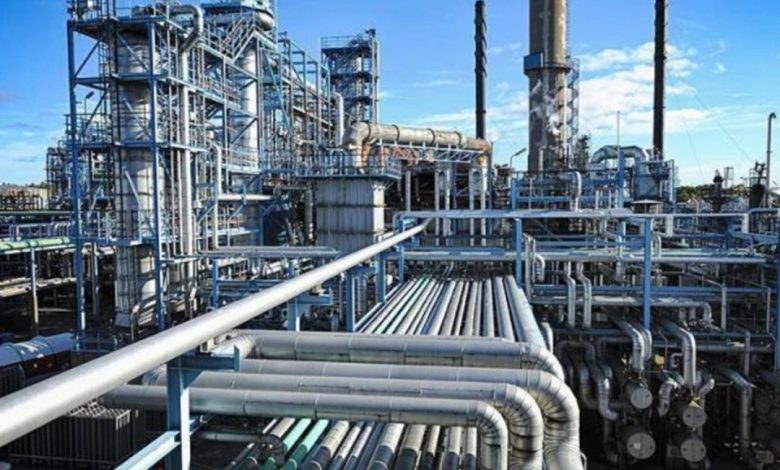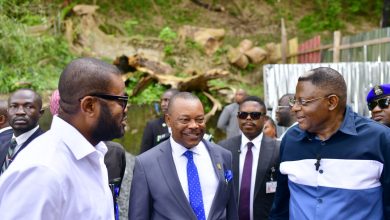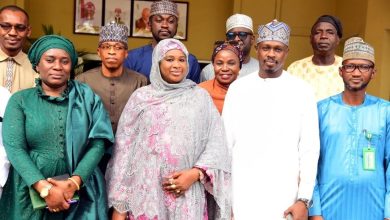Stakeholders Advocate More Investments in Gas Infrastructure, Canvass Regulation of Gas Pricing

Some stakeholders in the energy sector have called on the Federal Government to pull in more investments in gas infrastructure across the gas value chain and adopt privatisation in a very timely manner for Nigerians to feel the positive impacts of the implemention of the Petroleum Industry act, PIA.
They made the call in Lagos at a forum organised by the Nigerian-British Chamber of Commerce, NBCC, Energy Group, themed: ‘Nigeria’s downstream oil and gas industry — navigating post-PIA realities confirmation’.
The Stakeholders also canvassed the regulation of gas pricing and transition of gas to power.
Nigeria is the sixth largest gas country and ninth in gas export, but consumes very little of the resources.
President Muhammadu Buhari had launched the ‘Decade of Gas’ programme in March 2021 to leverage the nation’s huge gas reserves to become not just a major exporter, but a major gas-consuming nation, with the aim of powering the nation’s economy entirely with gas by the year 2030.
In his submission, one of the stakeholders and President, Nigerian Gas Association, Mr Ed Ubong said a cost-reflective mechanism must be adopted to allow free movement and availability of the product.
He said “Gas remains the cheapest energy source for local manufacturing to grow the manufacturing sector.We must increase gas supply for domestic consumption and exports even though there is a need for clarity with regards to pricing”
While another industry player, Mrs Audrey Joe-Ezigbo who acknowledged government’s efforts in trying to build a more resilient domestic gas market, stated that investors must however have an assurance of bankable projects.
Mrs Joe-Ezigbo pointed out that though, it is still too early to assess the impact of the PIA, but the challenges of funding and commercialisation must be properly tackled for Nigeria to get things right in the global market.
On his part, Mr Adetunji Oyebanji, explained that if the Russia-Ukraine war persists and the Naira continue to depreciate, prices of petroleum products would continue to go up, and not fully deregulating the country’s downstream sector would continue to lead to increased debt ratio and borrowing levels.
“We don’t want the negative social impacts that comes with deregulation, but at the same time, the country is moving closer to an economic precipice, so, we have to make a choice and for me, what needs to be done to find ways to minimize the social impact on the most vulnerable members of the society, if we avoid it completely, then the Country as a whole is going into a very deep economic hole” Mr. Oyenbanji said.
In his contribution, the Chief Executive Officer, Nigerian Midstream and Downstream Petroleum Regulatory Authority, Mr Farouk Ahmed who was represented by the Manager, economic regulations and strategy, Mr Olasupo Agbaje expressed hope in the willing-buyer and seller mechanism, and renewed the Agency’s commitment to fixing regulations that are most competitive and supportive of investments in Nigeria.
Earlier, NBCC President, Mrs Bisi Adeyemi, who was represented by the Deputy President, Mr Ray Atelly stated that the advocacy committee would continue to identify and x-ray key areas to give both stakeholders and government an advantage.
“If the government and regulators listen to issues brought forward, changes will take place and the sector will be better for it, stakeholders will want to invest and jobs will be created”
The stakeholders were unanimous in advising government to listen more to suggestions from private sector players to get a win-win situation.
Discover more from Radio Nigeria Lagos
Subscribe to get the latest posts sent to your email.




